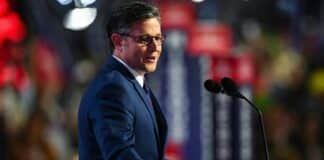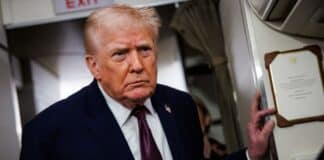North Korea continues to impose harsh civil rights restrictions more than two years after the global COVID-19 emergency officially ended, according to a senior U.N. human rights official. The regime under dictator Kim Jong-un maintains post-pandemic lockdown measures that further isolate and control the population, despite international pressure and growing evidence of widespread human rights abuses.
James Heenan, the U.N. Human Rights Office representative in Seoul, stated that state executions, forced labor, and starvation remain prevalent. He noted that the pandemic became an opportunity for the North Korean regime to tighten its grip on citizens, further suppressing basic freedoms. The U.N. is preparing an updated report detailing new findings on these abuses, building on a 2014 publication that labeled the regime’s actions crimes against humanity.
Reports from inside the country reveal that restrictions have not eased since the World Health Organization lifted the global emergency status in 2023. Instead, North Korea has intensified border control, banned nearly all cross-border activity, and allegedly issued “shoot-to-kill” orders to prevent virus transmission. U.S. military officials previously confirmed these orders were enforced by North Korean special forces along the China border.
Prior to the pandemic, North Korea already imprisoned hundreds of thousands in labor camps and conducted public executions for offenses such as possessing a Bible or watching foreign media. Christians and those with disabilities are especially targeted, facing imprisonment or worse under the regime’s brutal caste system.
Despite claiming zero COVID-19 cases, independent reports suggest a severe, unacknowledged epidemic occurred. A 2023 report from the Center for Strategic and International Studies detailed mass deaths, a lack of medical supplies, and hospitals incapable of treating infected patients. Some facilities reportedly ran out of coffins.
During the height of the crisis, Kim Jong-un dismissed top officials for construction failures at the Pyongyang General Hospital and later made rare public apologies for government shortcomings. However, these gestures did not result in meaningful change, and the government’s repression has continued.
The pandemic also strained relations between North Korea and China, historically its closest ally. North Korea shifted its alignment to Russia, culminating in a mutual defense pact and the deployment of North Korean troops to support Russian forces in Ukraine. On Friday, North Korean officials publicly praised their “invincible alliance” with Moscow.





